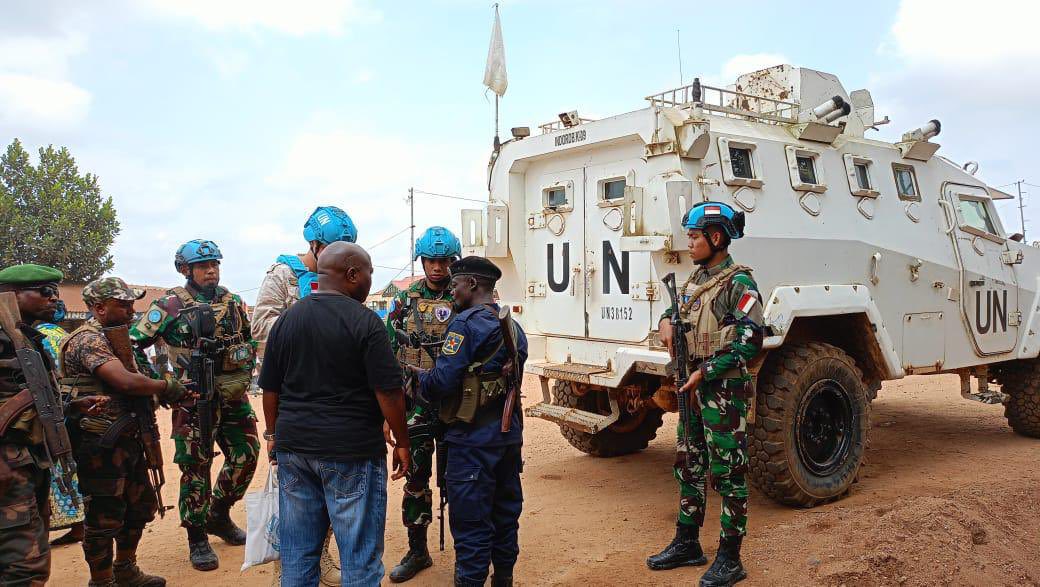Already a subscriber? Make sure to log into your account before viewing this content. You can access your account by hitting the “login” button on the top right corner. Still unable to see the content after signing in? Make sure your card on file is up-to-date.
The United Nations mission in the Democratic Republic of the Congo (MONUSCO) has reported that at least 52 civilians were killed in a series of brutal attacks carried out by ISIS-backed forces in the country’s eastern region in less than a week.
Some shit you should know before you read: Since the mid-1990s, both Uganda and the Democratic Republic of the Congo (DRC) have struggled to deal with the threat posed by the Allied Democratic Forces (ADF), a militant group originally formed by disaffected Muslims opposed to the Ugandan government. The ADF emerged from a merger of smaller rebel factions and began launching attacks in western Uganda before relocating to eastern DRC around 2002. Now based primarily in North Kivu and Ituri provinces, the ADF has carried out massacres, abductions, and looting against civilians, while also fighting regional military forces. In 2019, the group pledged allegiance to the Islamic State and is recognized by the US and UN as an ISIS affiliate under the name Islamic State Central Africa Province (ISCAP).

What’s going on now: In a notable development, MONUSCO reported that the ADF killed at least 52 civilians in a wave of attacks carried out between August 9 and 16 in the eastern provinces of Beni and Lubero. According to their statement, the violence was “accompanied by abductions, looting, the burning of homes, vehicles, and motorcycles, as well as the destruction of property belonging to populations already facing dire humanitarian conditions.” The mission condemned the attacks “in the strongest possible terms,” warning that the death toll could rise as search efforts continued.

The attacks unfolded in several towns and villages, including Oicha and areas within the Bapere sector of Lubero, where witnesses and local leaders described horrifying scenes. Speaking to Reuters, Macaire Sivikunula, chief of the Bapere sector, said ADF fighters entered the villages at night, forcibly gathered residents, tied them up with ropes, and then killed them using machetes and gardening tools. In one village alone, roughly 30 civilians were killed. Among the confirmed victims were women and children, and several homes were set on fire in the process.
Local leaders and civil society figures have voiced deep frustration and grief over the repeated massacres, calling it a “genocide happening in silence.” Elie Mbafumoja, a local official from Beni, condemned the international community’s failure to act decisively, stating, “For 11 years already, the population has been victim of these massacres. We are tired of burying our brothers. We must speak to the authorities — international, national, provincial, and local — to restore peace.”
While the ADF has not commented on the killings, local officials believe the villages were targeted due to losses recently suffered by the ADF. Historically, the ADF has claimed to target villages that assist counterinsurgency operations against them.
MONUSCO has since reinforced its military presence in some of the hardest-hit areas and opened its bases to hundreds of civilians seeking refuge, but the scale of displacement and trauma remains severe.







